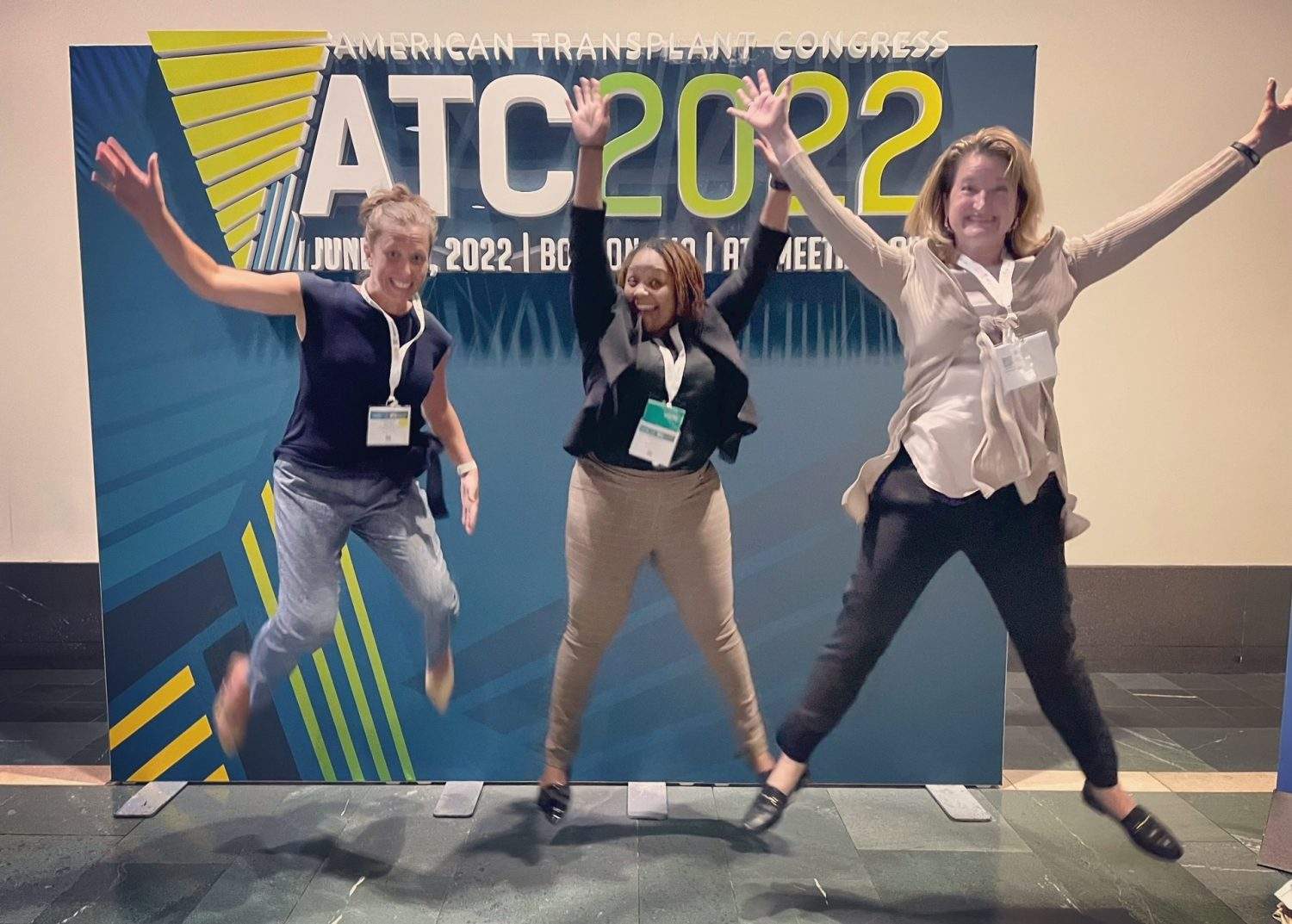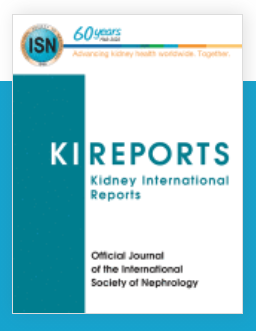The Patient Engagement Research Lab is pleased to announce that LaShara Davis has been awarded a grant through the National Heart Lung and Blood Institute (NHLBI) through her involvement in the Obesity Health Disparities program (OHD) which focuses on obesity prevention, treatment and community-based interventions. “I am excited to have the opportunity to expand my research to include obesity, which is the single-most intervenable factor leading to chronic diseases such as hypertension, diabetes, and ultimately …
Giving patients a voice
Houston Methodist spotlighted the work of Dr. Waterman and the Patient Engagement Research Lab in an article on their website. We love this quote they included… “What I find exciting about our work in the Patient Engagement Research Lab is that we don’t assume we fully know our patients from the get-go. Our research uses established methodologies that really get into the world of a patient and hear what they want and need as opposed …
American Transplant Congress (ATC) conference reflection: jumping back into in-person science meetings!
We were jumping for joy to finally be able to attend the annual American Transplant Congress (ATC) conference in person in Boston from June 3-7, 2022 to network and learn from other experts in the field of organ and tissue transplantation. The new Patient Engagement Research Lab in the Department of Surgery at Houston Methodist Hospital celebrated the many accomplishments of all the researchers and clinicians from J.C. Walter Transplant Center representing so many facets …
Addressing insurance-related disparities in kidney transplant access
By Mindy Kim, Intern The large costs of kidney transplants are no secret; however, the impacts of insurance type on kidney transplant are often overlooked. Most patients in the United States have some form of public insurance (Medicare or Medicaid), private insurance, or are uninsured. In 2018, 32.3% of patients with prevalent end-stage renal disease only had Medicare coverage, 20.8% had non-Medicare insurance, and the remainder of patients had some form of dual or add-on …
Policy change to overcome disparities in kidney transplantation
By Alice Yang, Intern Implementing policy changes to improve access to kidney transplants and overcome disparities is an important first step in reaching these goals, but it is not enough. Three major policy changes have aimed at improving end-stage kidney disease outcomes and increasing access to transplants. These include the kidney allocation system (KAS) in 2014, the Advancing American Kidney Health Initiative in 2019, and finally, new changes implemented by the Centers for Medicare and …





